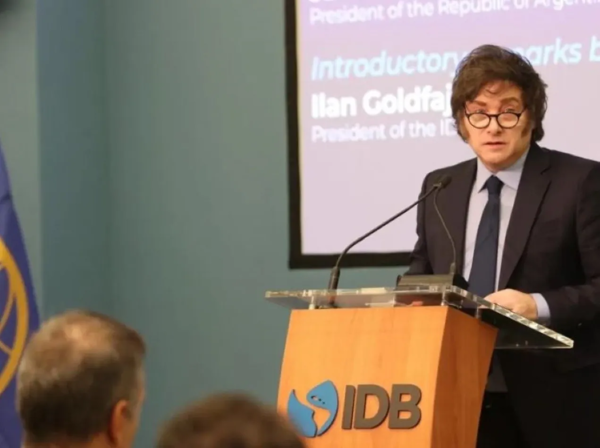
The Senate turned the Anti-Mafia project into law, aiming to comprehensively address organized crime. The initiative received 38 votes in favor, with no votes against or abstentions. Among the legislators who supported it are Kirchnerists Marcelo Lewandowski (Santa Fe) and Carolina Moisés (Jujuy).
The project proposes reforms to the Penal Code to apply to crimes related to drug trafficking, money laundering, human trafficking, among others. One of the most notable modifications is the imposition of a prison or detention sentence of 8 to 20 years for those who are part of an illicit association committing these crimes. In this way, all members of the organization will be held responsible for the most serious crime committed by any member.
The creation of the Special Investigation Zone is established to expedite the actions of the various branches of government, allowing for a quicker and more effective response in operations and investigations. Furthermore, investigations carried out in these zones will automatically pass to Federal Justice. In cases of joint investigations from several districts, the relevant authorities will be called upon to coordinate actions.
During the Senate debate, Senator Carolina Losada presented the project, highlighting the importance of the fight against drug trafficking and the responsibility of each link in that struggle. On the other hand, the Kirchnerist bloc expressed certain reservations claiming that the project could undermine federalism and provincial autonomies.
Finally, the project received support from various political blocs, being approved by a majority in the Senate. The Anti-Mafia law seeks to strengthen the fight against organized crime and establish legal tools for its prosecution.














